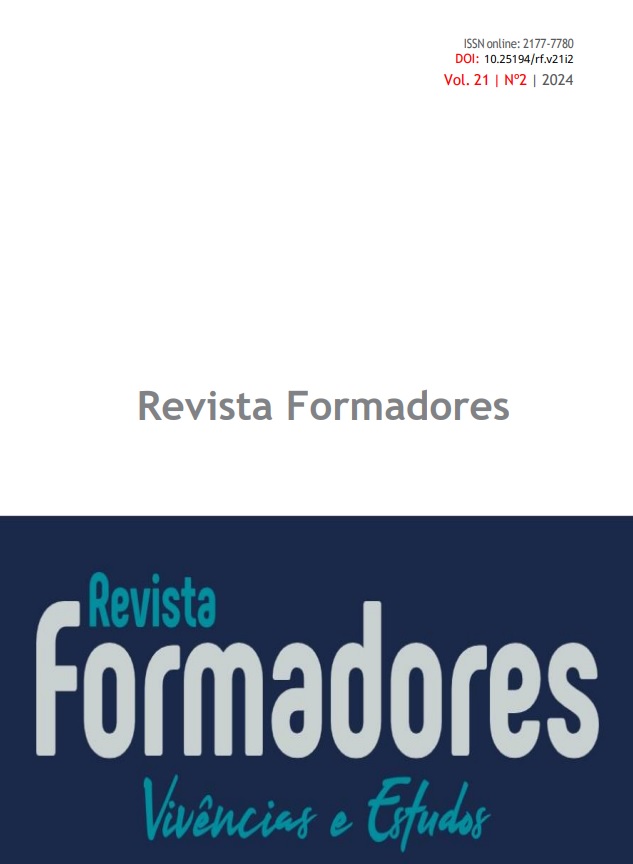ECOSISTEMA EMPRENDEDOR DE LIBERTADOR SAN MARTÍN (ENTRE RÍOS, ARGENTINA):
UN ANÁLISIS SISTÉMICO
DOI:
https://doi.org/10.25194/rf.v21i2.2138Abstract
The generation of quality entrepreneurship depends on the entire ecosystem, comprising aspects related to individuals, market conditions, access to financial and informational resources, as well as government initiatives through programs and projects that create and promote a conducive business environment for entrepreneurship development. The variable under analysis was the perception of the degree of development or consolidation of the seven dimensions of an entrepreneurial ecosystem, as per the systemic approach: (a) Entrepreneurial Culture, (b) Education, (c) Local Demand, (d) Social Capital, (e) Human Resource Infrastructure, (f) Entrepreneurial Environment, and (f) Public Policies.The study of the entrepreneurial ecosystem in the locality of Libertador San Martín reveals significant results indicating areas of improvement and strengths within the local entrepreneurial community. It was observed that the dimensions of Social Capital, Local Demand, and Education exhibit insufficient development, underscoring the need for increased efforts to strengthen these areas. This involves providing more training for potential entrepreneurs and educating the community to act as consumers of local enterprises. Conversely, the dimensions of Public Policies and the Entrepreneurial Environment were perceived with higher ratings, suggesting that government policies and the business environment are strong areas within the entrepreneurial ecosystem of Libertador San Martín. Further exploration of the study is recommended to understand how these policies can complement the development of social capital and local demand.


